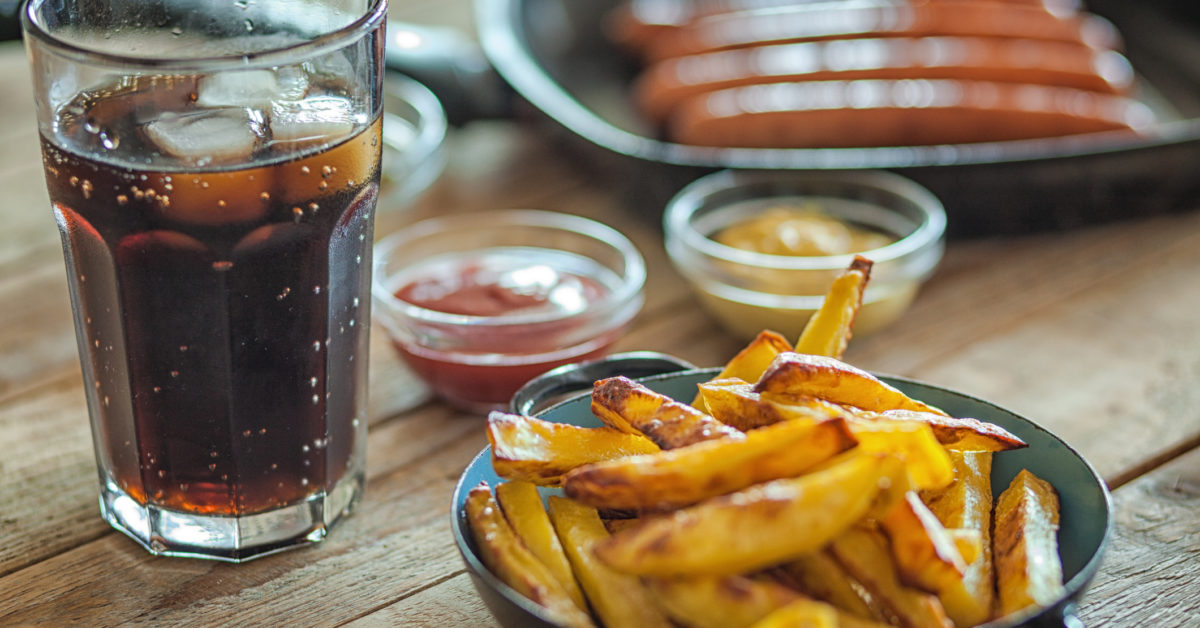A new study shows that mixing artificial sweeteners with carbohydrates alters a person’s sensitivity to sweet tastes, which may impact insulin sensitivity.

Taste is not just a sense that allows us to enjoy gourmet delicacies — it plays a very practical role in maintaining health.
Our ability to taste unpleasant flavors has helped humans steer clear of poisonous plants and food that has gone bad.
But taste can also help our bodies stay healthy in other ways. A healthy person’s sensitivity to sweet taste allows their body to release insulin into the blood when that person eats or drinks something sweet.
Insulin is a key hormone whose primary role is to regulate blood sugar. When insulin sensitivity is affected, many metabolic problems can develop, including diabetes.
New research led by investigators from Yale University in New Haven, CT, and other academic institutions has now made a surprising finding.
In a study paper published in Cell Metabolism, the researchers indicate that a combination of artificial sweeteners and carbohydrates appears to lead to poorer insulin sensitivity in healthy adults.
“When we set out to do this study, the question that was driving us was whether or not repeated consumption of an artificial sweetener would lead to a degrading of the predictive ability of sweet taste,” explains senior author Prof. Dana Small.
“This would be important because sweet-taste perception might lose the ability to regulate metabolic responses that prepare the body for metabolizing glucose or carbohydrates in general,” she adds.
However, the team was surprised to make an altogether different find.
For their study, the researchers recruited 45 healthy adults aged 20–45, who said they did not typically consume low-calorie sweeteners.
The researchers did not require the participants to make any changes to their usual diets other than drink seven fruit-flavored beverages in the laboratory. The drinks either contained artificial sweetener sucralose or regular table sugar.
Some participants — who were supposed to make up the control group — had sucralose-sweetened drinks that also contained maltodextrin, which is a carbohydrate.
The researchers used maltodextrin so that they could control the number of calories in the sugar without making the beverage any sweeter.
This trial lasted for 2 weeks, and the investigators conducted additional tests — including functional

